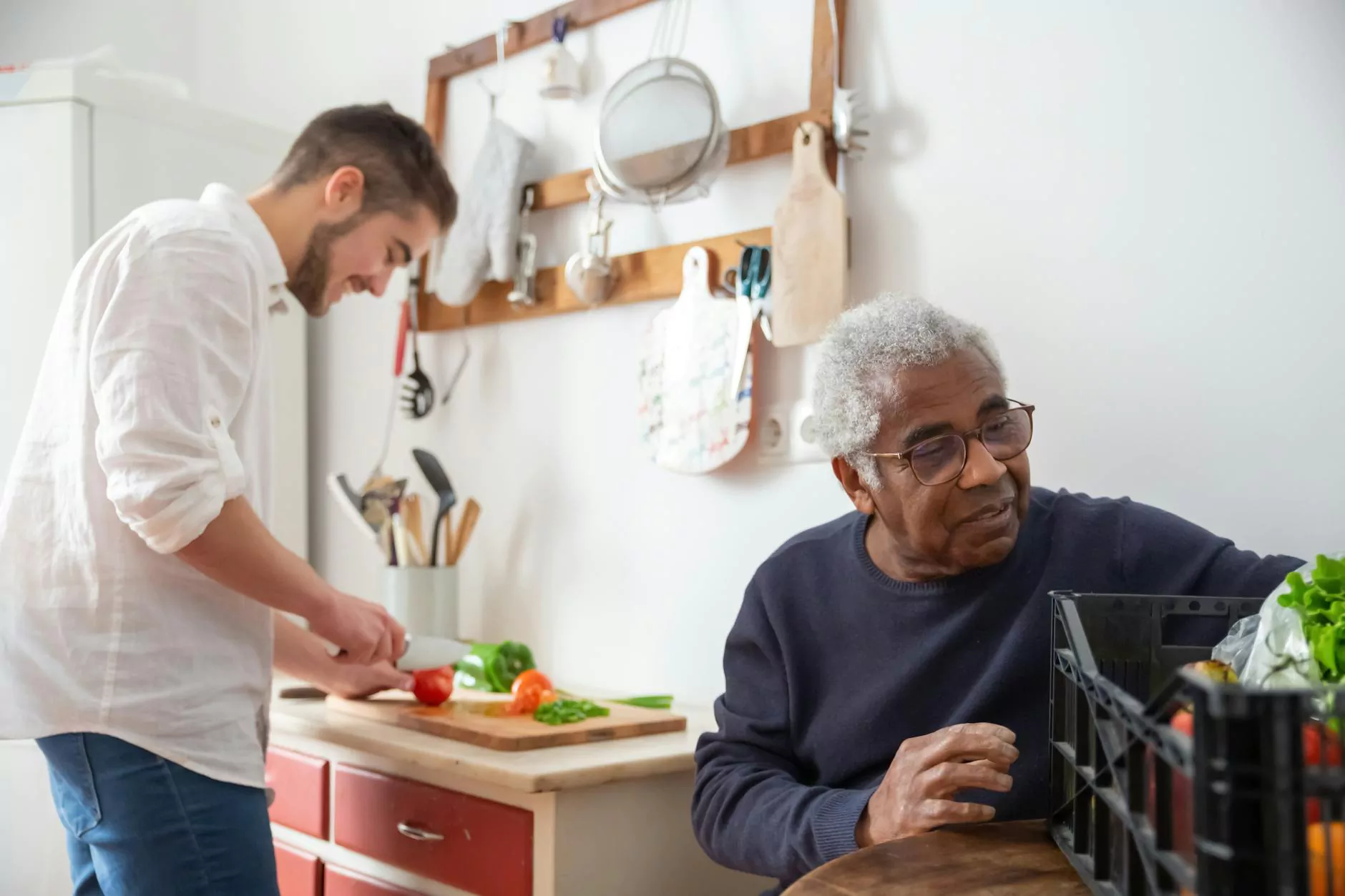Foods you should NOT store in the fridge!
Blog
Introduction
Welcome to Reflection Living, where we provide you with valuable insights and recommendations on food storage. In this article, we will discuss the foods that are best kept out of the fridge to preserve their freshness, taste, and nutritional value.
Proper Food Storage
Proper food storage is crucial in maintaining the quality and safety of your favorite ingredients. While refrigeration extends the shelf life of many foods, there are certain items that can degrade in texture, flavor, and nutritional value when exposed to cold temperatures for an extended time. Let's explore these foods below.
Foods to Keep Out of the Fridge
Potatoes
Starchy vegetables like potatoes should be stored in a cool, dry place rather than the fridge. Chilling them can convert their starches into sugars, resulting in a gritty texture and an unpleasant taste.
Onions
Onions are best stored in a dry, well-ventilated area. The moisture inside the refrigerator can cause them to become soft and moldy. Instead, keep them in a mesh bag or a cool pantry to maintain their quality.
Garlic
Similar to onions, garlic prefers a dry and ventilated environment. Refrigeration can cause it to sprout and lose its characteristic flavor. Store garlic bulbs in a dark pantry or a ceramic container to enhance their shelf life.
Bread
Keeping bread in the fridge dries it out quickly, making it stale and chewy. It's best to store bread in a breadbox or a cool, dry place to maintain its freshness. Freezing slices of bread is an effective way to preserve them for longer periods.
Coffee
Coffee beans and grounds may absorb moisture and odors from the fridge, impacting their taste. Optimal coffee storage involves keeping them in airtight containers at room temperature, away from sunlight.
Bananas
Although often associated with refrigeration, bananas are best stored at room temperature. Cold temperatures can cause the skin to turn brown and affect the fruit's ripening process. If you want to slow down the ripening, store them in a paper bag.
Tomatoes
Tomatoes lose their flavor and texture when exposed to cold temperatures. It is recommended to keep them at room temperature, ideally on a countertop, away from direct sunlight. This allows them to ripen fully and enhances their taste for your culinary creations.
Conclusion
Understanding which foods should not be stored in the fridge is essential for maintaining their optimal freshness, taste, and nutritional value. By following these recommendations from Reflection Living, you can optimize your food storage practices and enjoy the best quality ingredients in your meals.










